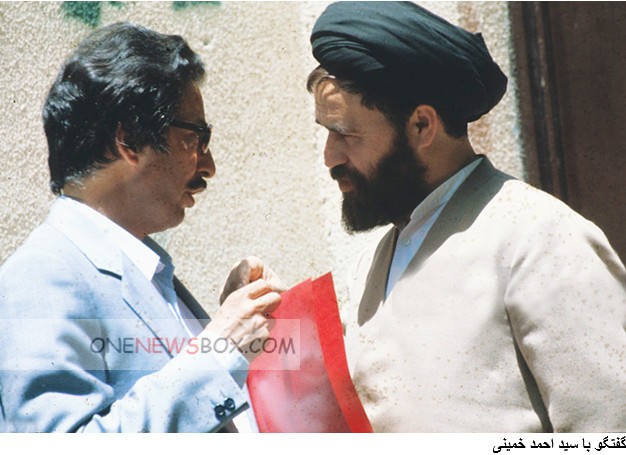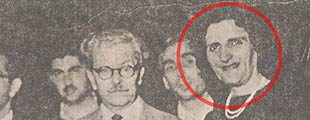Government forces arrested and imprisoned members of other parties, such as the People’s Mujahedin, Fadaian Khalq, Tudeh, and Paikar.Banisadr went into hiding for a few days before his removal, and hid in capital, protected by the People’s Mujahedin (PMOI). The outbreak of war in September 1980 added immense pressure. Banisadr advocated for strategic military and diplomatic approaches, but his views sometimes conflicted with military commanders and revolutionary leaders.
The war exposed weaknesses in coordination between political and military institutions, highlighting the tension between civilian governance and clerical oversight. The revolutionary government was highly fragmented, with multiple factions—radicals, moderates, Marxists, and leftists—vying for influence. Banisadr’s moderate stance often left him without a solid political base, making him vulnerable to attacks from more radical elements.

